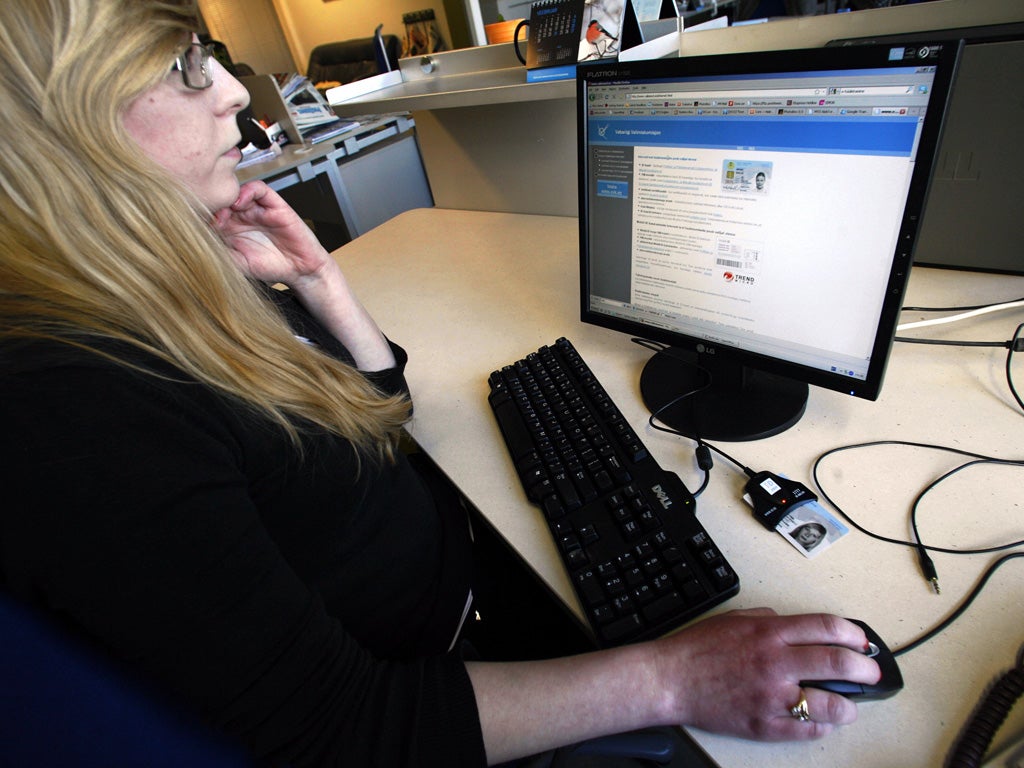Labour warns delaying gender pay gap enforcement measures by extra 6 months could cause ‘permanent damage’
UK should be ‘dialling up measures to protect against discrimination and unequal pay, not delaying them’, Shadow Women and Equalities Secretary says

Your support helps us to tell the story
From reproductive rights to climate change to Big Tech, The Independent is on the ground when the story is developing. Whether it's investigating the financials of Elon Musk's pro-Trump PAC or producing our latest documentary, 'The A Word', which shines a light on the American women fighting for reproductive rights, we know how important it is to parse out the facts from the messaging.
At such a critical moment in US history, we need reporters on the ground. Your donation allows us to keep sending journalists to speak to both sides of the story.
The Independent is trusted by Americans across the entire political spectrum. And unlike many other quality news outlets, we choose not to lock Americans out of our reporting and analysis with paywalls. We believe quality journalism should be available to everyone, paid for by those who can afford it.
Your support makes all the difference.Labour has warned the decision to postpone enforcement measures against companies that do not report their gender pay gap by an extra six months could cause “permanent damage” to gender equality.
Rules obliging private companies who employ more than 250 people to release their gender pay gap figures were suspended by the government last spring due to pandemic upheaval.
The Equality and Human Rights Commission has now announced it will not start enforcement action against companies until six months after the usual deadline of 4 April by which companies must publish their gender pay gap data.
Marsha de Cordova, Labour’s Shadow Women and Equalities Secretary, hit out at the move as she warned all available evidence demonstrated the Covid crisis is having “awful consequences” for women’s representation in the workforce.
The Labour MP for Battersea said: “Now is the time to be dialling up measures to protect against discrimination and unequal pay, not delaying them.
“With schools closed and women taking on the lion’s share of childcare responsibilities as well as young women being more likely to work in sectors shut down for almost a full year now, we need accountability and transparency on the gender pay gap immediately to avoid permanent damage.”
Ms De Cordova and many other MPs and charities have repeatedly called for the government to urgently reinstate gender pay gap reporting throughout the pandemic.
Joe Levenson, of Young Women’s Trust, which helps women on low or no pay, said: "Almost a year on from when enforcement of gender pay gap reporting was first suspended, we are disappointed that it is seemingly being delayed yet again.
“It is vital that we have data on the gender pay gap as a matter of urgency, so we can properly understand the inequalities the pandemic has already worsened, and so that government policy can reflect this.
“Alongside gender pay gap reporting we are also calling for the equality impact of every government policy to be assessed and reported on, as only this level of scrutiny will protect young women as we move into recovery from the pandemic.”
He argued it is critical employers are forced to report on redundancies by “protected characteristics such as age, sex and ethnicity”.
Mr Levenson added: “If the government is serious about levelling up and ensuring that no young women is left behind, it cannot ignore the experiences of diverse young women.”
Kishwer Falkner, the chair of the Equality and Human Rights Commission, said the decision to delay enforcement action had been to made to find “the right balance between supporting businesses still impacted by the pandemic and making sure employers comply with the law”.
Rules obliging companies and other organisations to release their respective gender pay gap figures were implemented in 2017.
Anger over the delays to gender pay gap reporting comes as campaigners raise fears the pandemic is further entrenching gender inequality.
While recent research found women are twice as likely to need time off work with no pay to look after children due to schools closing under lockdown measures, many studies discovered women bore the brunt of childcare responsibilities, household chores and homeschooling during the first lockdown – regardless of whether they were juggling the tasks with paid work or not.
Women have also been over-represented in sectors hit hardest by the pandemic, such as hospitality, retail, leisure, tourism and the arts, with a study by the University of Exeter finding women were almost twice as likely as men to have lost their job during the first wave of the virus.
A government spokesperson said: “Throughout the pandemic this government has done whatever it takes to protect lives and livelihoods, and will continue to do so. We are safeguarding people’s jobs and incomes with economic schemes worth over £200 billion, including the Self Employment Income Scheme for the 1.7 million self-employed women in the UK.
“Covid-19 is prompting a culture shift with more people than ever before working flexibly, and the government wants to harness that as we recover. By doing so, we could see more equal sharing of care work by parents, and more flexibility from employers, enabling us to unleash the potential of everyone across the country.”



Join our commenting forum
Join thought-provoking conversations, follow other Independent readers and see their replies
Comments